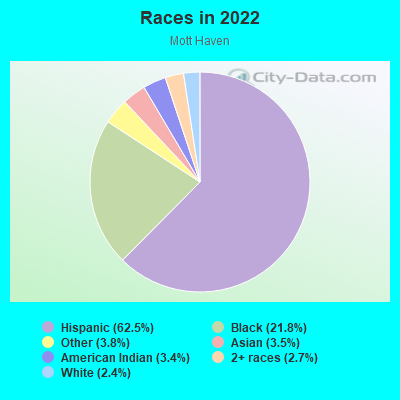Extended comment
Like Alex said, I wish that Rodriguez was able to read this piece. He lost the only thing that really held his family together, his language. He thought that in order to fit in, and as the nuns said "to get ahead in the classroom", he would have to start speaking English at home too. While reading the "Safe Spaces" piece, one could clearly see that you don't need to forget what you are (or where you came from), but just be aware that there are other things (if that makes sense) besides what you may be. I also loved how Alex said that in "Safe Spaces", they "gave plenty of scenarios in classrooms where teachers connected the idea of being LGBT as a normal, great thing to be or to be connected to". I believe if every teacher did this, there would be no LGBT problem at all since it would be a "norm". But then again, that's not how society works. We can only try to make it better.
I also loved Alex's connection to Collier's piece. She said it could relate to "Safe Spaces" because if "their ideas of instituting topics like these in the classroom all the time, for the sake of giving the students the background knowledge they need and should be comfortable with talking about and thinking about." I completely agree with this because you don't necessarily have to talk about it all the time, but when you need it - it's there. It's not affecting your teaching ability... If anything, it's improving it.
LASTLY, I LOVED THE VIDEO. At first, I saw Madison's and Sarah's comments saying how much they liked the video so I started watching it. In the beginning, I was like "oh, I'll just watch a few minutes" but before I knew it I ended up watching the entire thing. It was amazing how young these kids were and how unaffected they were by the topic. One little girl kept saying it was crazy for a man to propose to a man, but she said it was okay. It wasn't a bad thing. If you're happy with someone, be with them. It shouldn't affect anyone else's life, it's your decision after all.
Although this isn't as interesting as Alex's video, I really liked watching this... It's a teacher talking about sexuality and LGBT issues. She started a group called "Affective Beginnings" that talks about a variety of topics. She said that her group is going to help teachers with this subject. I think that's a great idea! :)
http://www.youtube.com/watch?v=mjSxUbUqUHQ








